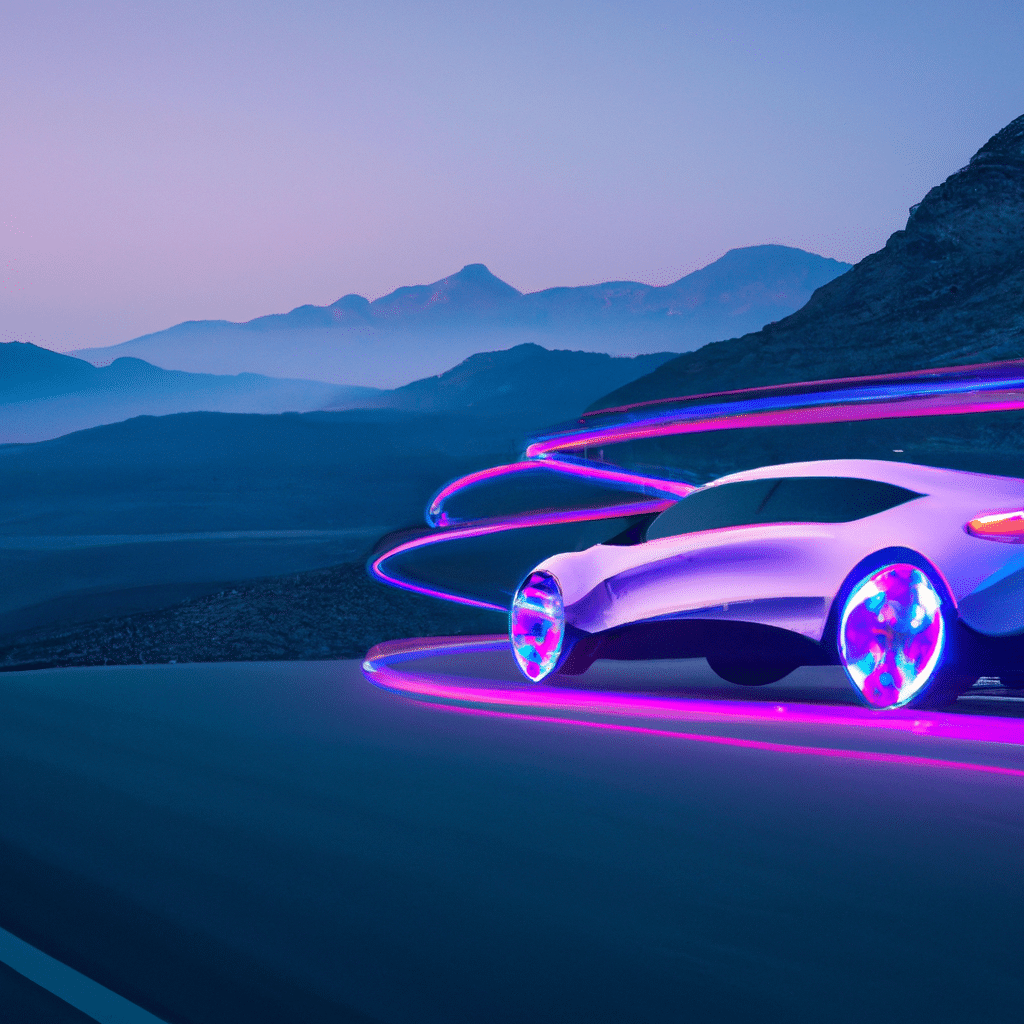IoT-Powered Autonomous Vehicles: The Future of Transportation
Advancements in technology have made it possible to introduce autonomous vehicles into the world of transportation. The Internet of Things (IoT) has played a significant role in the development of autonomous vehicles by enabling these vehicles to be interconnected and communicate with each other and the surrounding environment. In this article, we will explore how IoT-powered autonomous vehicles are the future of transportation and how they are set to revolutionize the way we travel.

What are IoT-Powered Autonomous Vehicles?
Autonomous vehicles are self-driving cars that use a combination of sensors, cameras, and software to navigate the roads without human intervention. IoT-powered autonomous vehicles, on the other hand, are self-driving cars that are connected to the internet and can communicate with other devices and systems.
The IoT technology used in autonomous vehicles enables them to receive data from other vehicles, traffic lights, road sensors, and other IoT-enabled devices. This information is used to make real-time decisions about driving conditions and adjust the vehicle’s speed and route accordingly.
The Benefits of IoT-Powered Autonomous Vehicles
The introduction of IoT-powered autonomous vehicles will bring several benefits to the world of transportation. These benefits include:
Increased Safety
Autonomous vehicles are equipped with sensors and cameras that can detect obstacles, pedestrians, and other vehicles on the road. The IoT technology used in these vehicles will enable them to communicate with other vehicles and devices, allowing them to anticipate and react to potential hazards on the road.
Reduced Traffic Congestion
IoT-powered autonomous vehicles will be able to communicate with each other and share information about traffic conditions and road closures. This will enable them to adjust their routes and speeds to avoid congestion, reducing travel time and improving the flow of traffic.
Improved Fuel Efficiency
Autonomous vehicles are designed to drive in a more efficient manner than human drivers. The IoT technology used in these vehicles will enable them to optimize their speed and route based on traffic conditions, weather, and other factors, resulting in improved fuel efficiency and reduced emissions.
Increased Accessibility
IoT-powered autonomous vehicles will provide increased accessibility to transportation for people with disabilities, the elderly, and those who are unable to drive. These vehicles can be programmed to pick up passengers at their doorstep and drop them off at their desired destination, providing a convenient and safe transportation option for all.
The Future of Transportation
The introduction of IoT-powered autonomous vehicles will revolutionize the way we travel and transform the transportation industry. These vehicles will provide a safer, more efficient, and more accessible mode of transportation for people around the world.
As the technology continues to evolve, we can expect to see even more advanced features in autonomous vehicles, such as the ability to communicate with traffic control systems and other infrastructure, and the integration of artificial intelligence and machine learning to improve decision-making capabilities.
In conclusion, IoT-powered autonomous vehicles are the future of transportation. These vehicles will bring numerous benefits to the world of transportation, including increased safety, reduced traffic congestion, improved fuel efficiency, and increased accessibility. As the technology continues to evolve, we can expect to see even more advanced features in autonomous vehicles, making them an essential part of the transportation industry.












